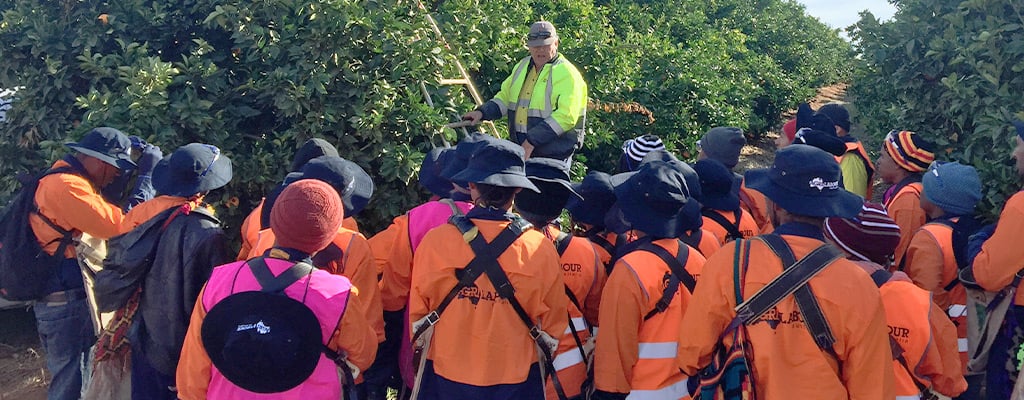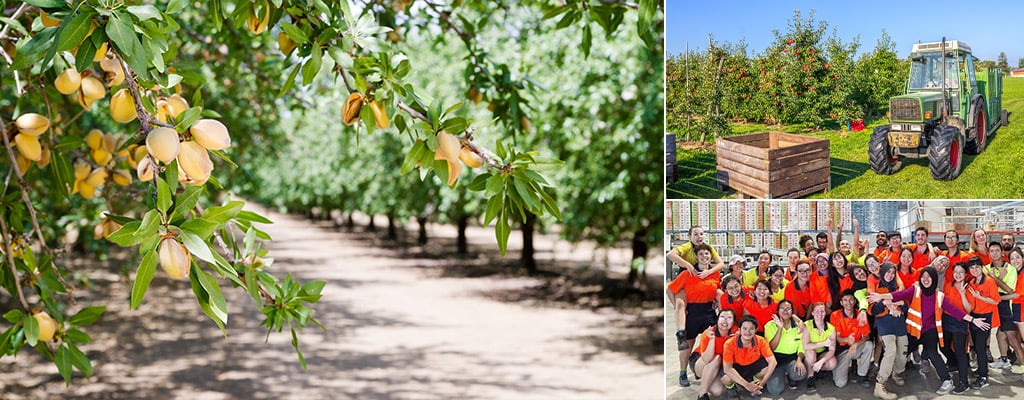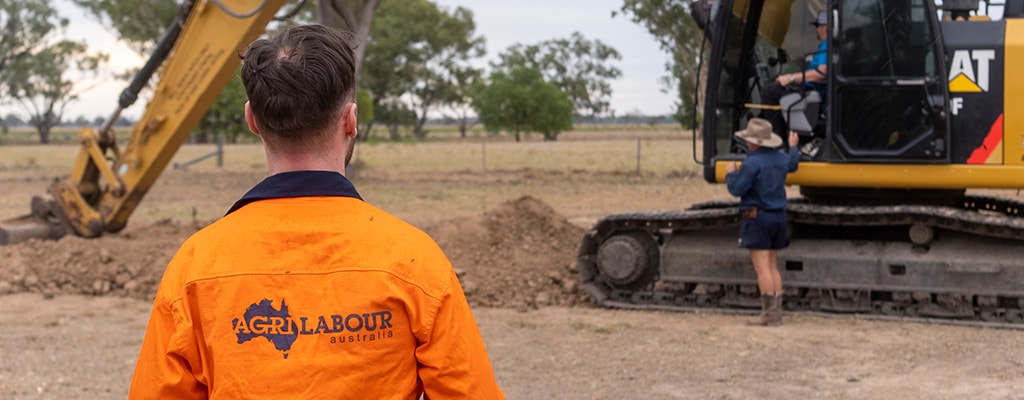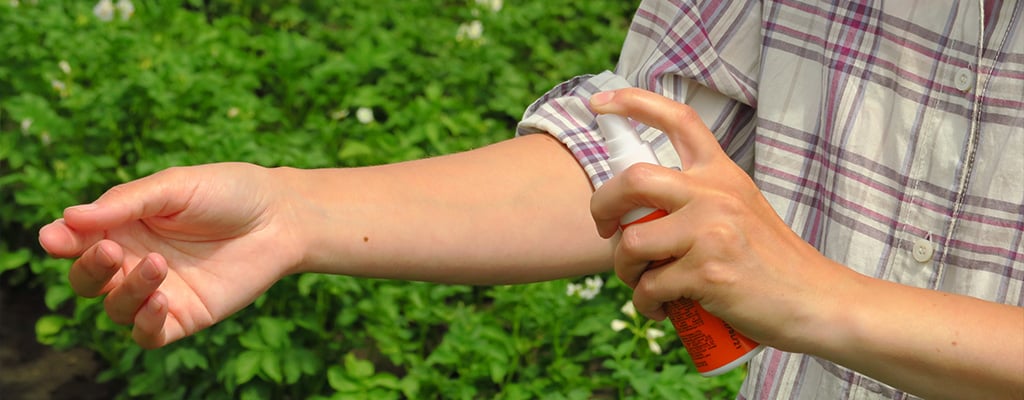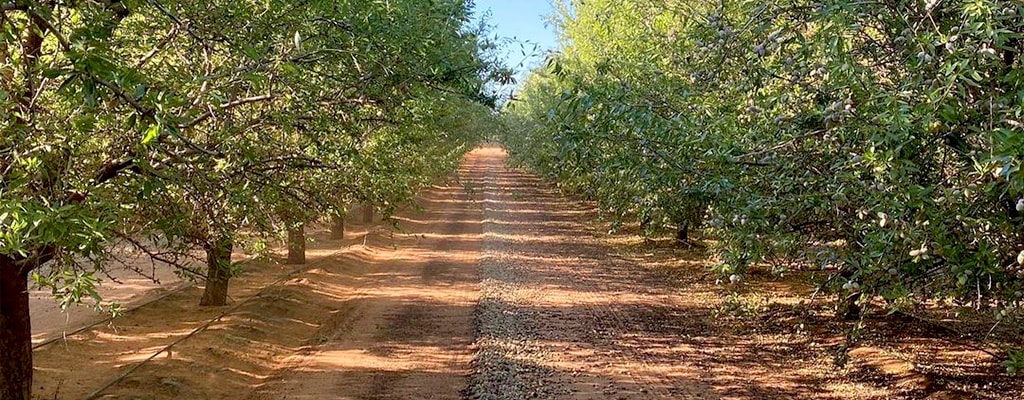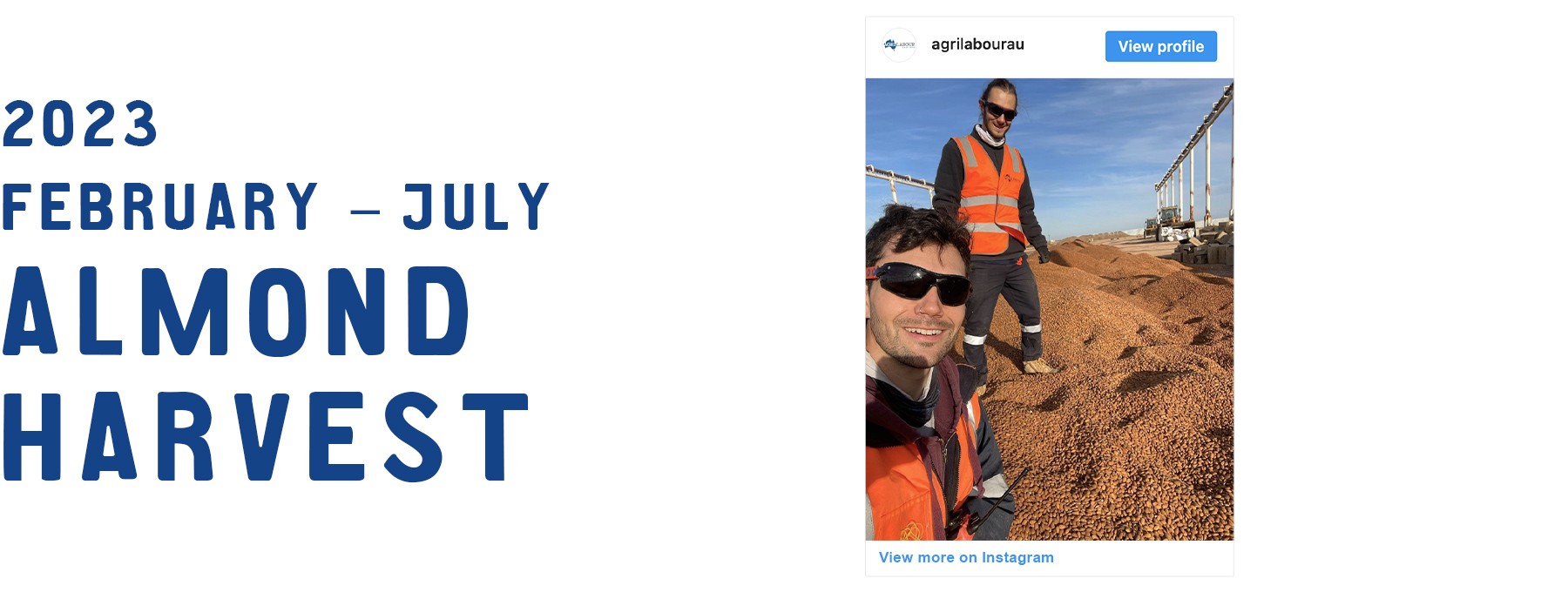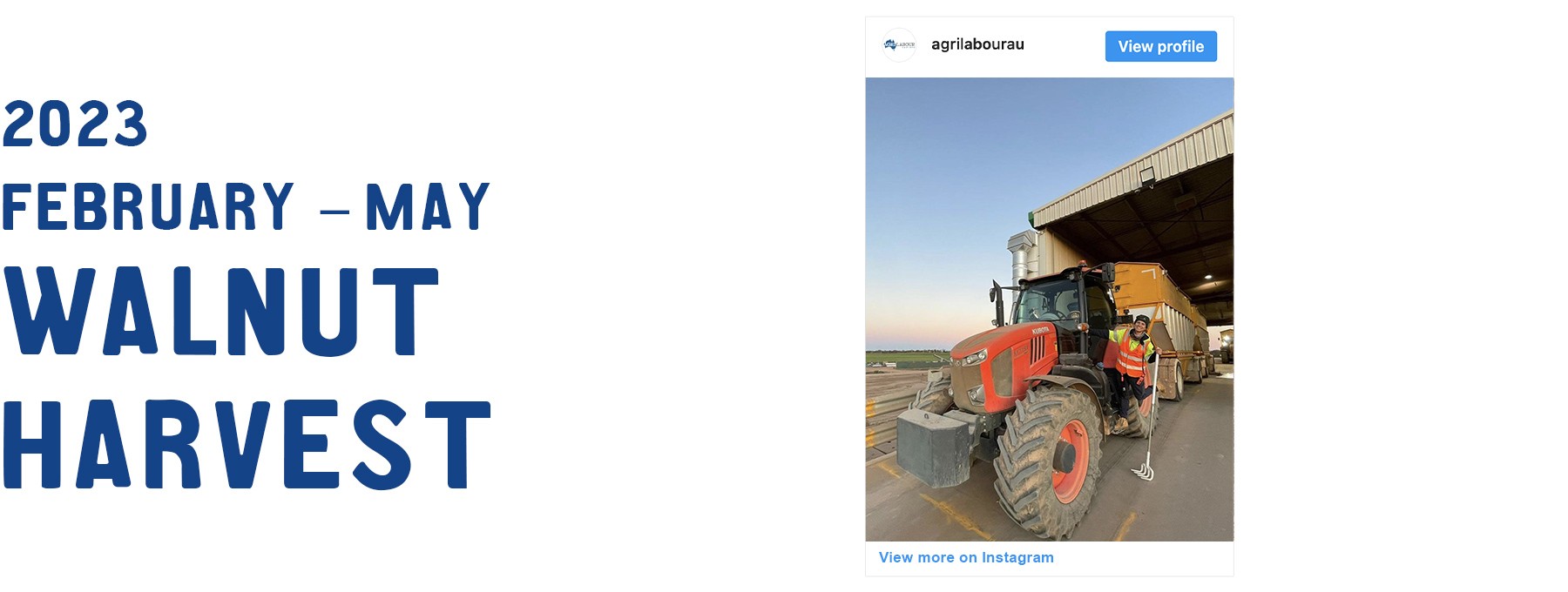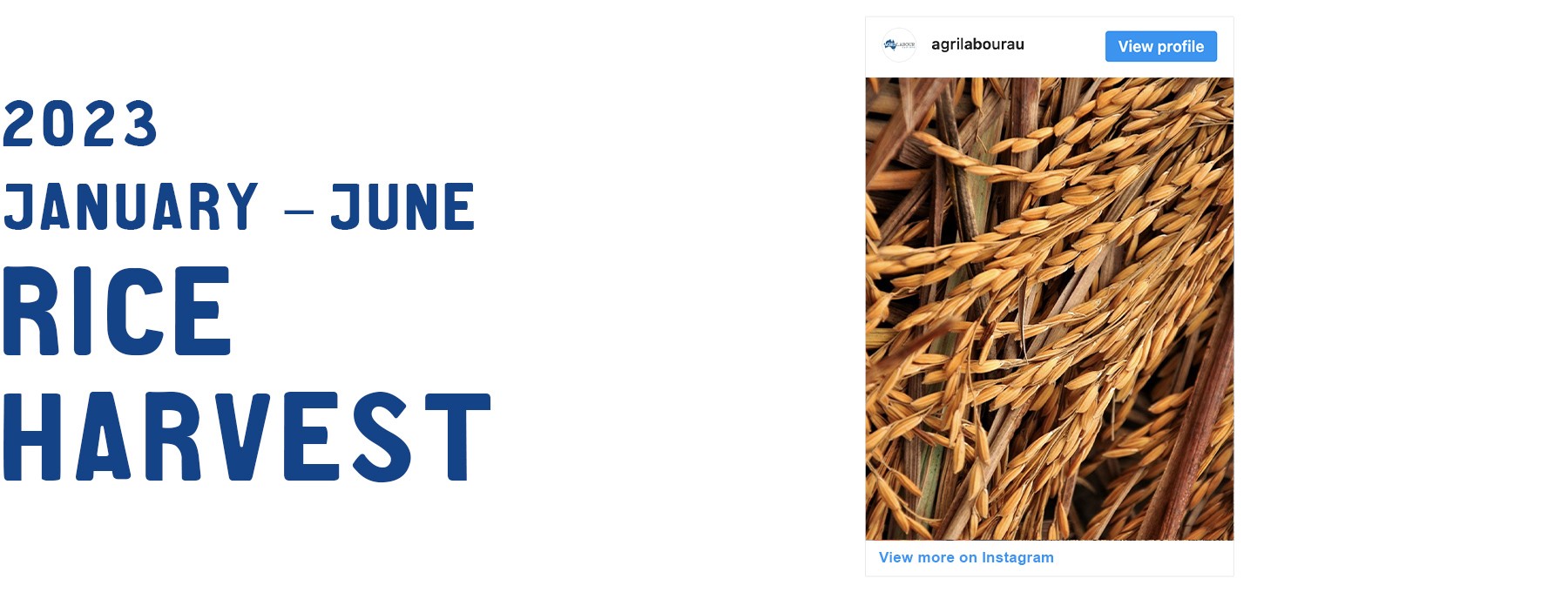If you’ve ever considered working and travelling in the land Down Under, rural and regional Victoria is the perfect place to get a taste for agriculture jobs in Australia and what they involve.
Home to one quarter of Australia’s farming businesses, Victoria (VIC) is the nation’s largest producer of food and fibre products, with many local government areas (LGAs) making the list of the nation’s richest farming regions – great news if you’re interested in rural jobs in Victoria.
Each year, harvest workers flock to Mildura, where $1.13 billion worth of fruit, nuts and broadacre crops was produced in 2020-21, along with other high value regions including Goulburn Valley, Moyne Shire, Corangamite and Campaspe.
There were 21,600 farm businesses in Victoria in 2020-2021, providing plenty of opportunities for casual farm workers – and if you’re ready for an Aussie adventure, you could become one of them!
What kind of agricultural work opportunities are available?
Much of the land in Victoria is used for cropping and grazing native and modified pastures; however, rural jobs VIC often involve harvesting fruit and vegetable produce, particularly pears, peaches, apples and tomatoes.
With a wide range of jobs available in each harvest season, you can find a job that suits your skills and travel plans. Each year, the citrus harvest in rural Victoria provides work for packing and grading staff, floor supervisors, machine operators, quality control officers and hygiene attendants. Meanwhile, the almond harvest needs staff in on-farm, storage and factory processing roles. Whether you have experience operating machinery, working as a farm hand, cleaning and processing or supervising operations, it could be a great job fit.
These are just some of the many harvest jobs in VIC and around Australia offering short-term opportunities for low and semi-skilled workers – and once you join the harvest trail, you’ll have the option to travel around Australia while earning good money.
What’s the climate like in Victoria?
As there are harvest opportunities available all year round, it’s important to consider the climate and time of year when applying for agriculture jobs in Victoria. The local seasonal climate and weather conditions tend to vary widely, so you’ll also need to prepare for the right season!
If you’re planning on taking on harvest work during the Victorian summer – picking and packing crops such as strawberries, cherries, pears, grapes, oranges or carrots, for example – you can expect dry weather and the occasional hot spell, with peak temperatures in January and February. Winters, on the other hand, are generally fresh and cool – perfect weather for the orange harvest.
Using harvest trail services, you can explore the harvest jobs VIC has to offer and even follow the harvest trail around Australia, taking in the different seasons and once-in-a-lifetime experiences. Popular harvests in Victoria include the almond harvest, which runs from February until July, and the citrus harvest, beginning in April and ending as late as October.
What is there to do in Victoria?
When the harvest is over, rural and regional Victoria has no shortage of diverse places to see and things to do.
Depending on where you’re based and how far you plan to travel, there’s plenty to see – from Melbourne’s famous Queen Victoria Market to the museums and galleries in Greater Geelong and the beaches and dynamic urban villages in Port Phillip.
Those working rural jobs in Victoria are often surrounded by fantastic experiences for nature lovers, from the Grampians National Park and the Royal Botanic Gardens to the Mornington Peninsula Hot Springs and the many waterfalls across the state. If you’re searching for an outdoors adventure, you’ll find plenty of nature and wildlife tours, hiking trails and sightseeing opportunities. Phillip Island is a marine life highlight, where visitors have the opportunity to see seals, dolphins and penguins up close.
How can I travel around rural Victoria?
While an extensive network of roads makes it easy to travel around rural Victoria by car, there are also plenty of options for those relying on public transport. For a commute that’s unique to central Melbourne and a real tourist experience, hop on the City Circle Tram or drive along the Great Ocean Road – one to check off your bucket list!
There’s so much to do in rural Victoria, and with the right job in the agriculture industry, you can make your adventure last longer – so what are you waiting for? Australia is calling!
Want to know more about the rural jobs VIC has to offer? The agricultural recruitment experts at Agri Labour Australia can connect you with opportunities that match your skill set, availability and travel plans. To find out more, fill out the contact form on our website.

